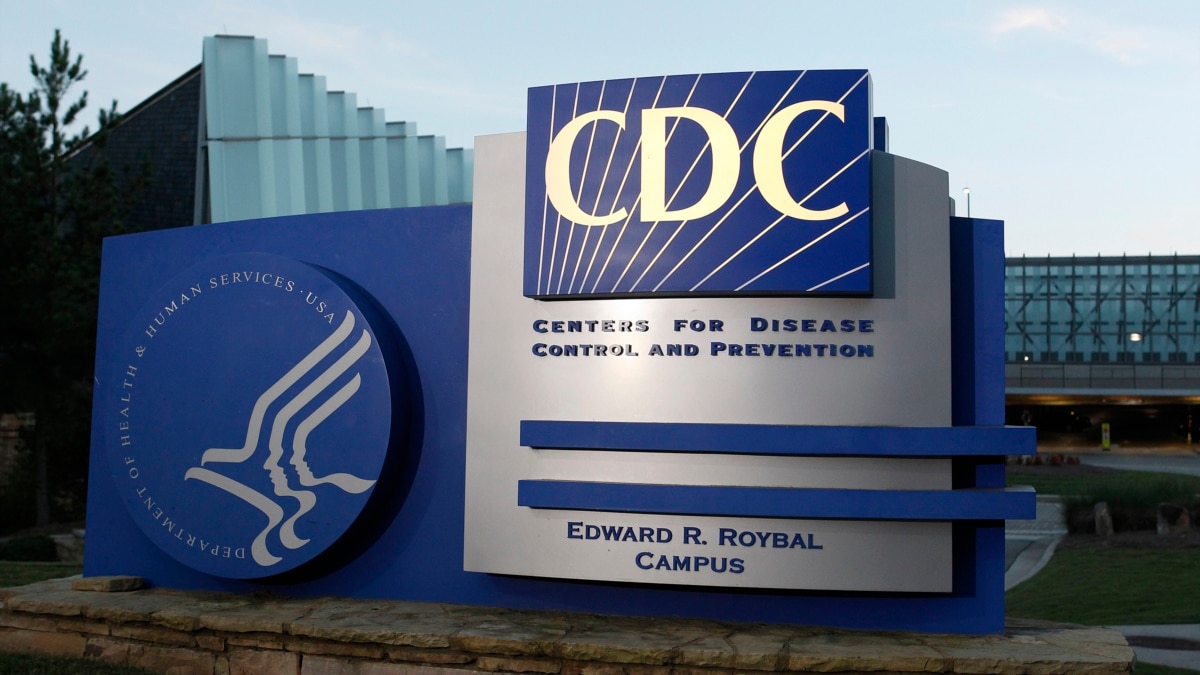The US Centers for Disease Control and Prevention (CDC) now recognizes that Covid-19 can spread through tiny particles in the air over long distances and for hours at a time.
The CDC has long confirmed that the coronavirus is transmitted primarily between people who are standing within two meters of each other, through droplets emitted from speaking, breathing, coughing or sneezing.
But the CDC updated its guidelines on its website Monday citing evidence from previous research that the virus can survive in the air via tiny droplets known as aerosols in “limited and unusual situations” where someone with Covid-19 transmits another person over a greater distance. from two meters or not long after the infected person leaves the premises.
The updated guidelines state transmission in such cases “occurs in confined and poorly-ventilated spaces that often involve activities that cause breathing heavier, such as singing or exercising, which may result in a” build-up of virus-carrying particles. “
The CDC posted similar guidelines last month stating the virus can spread via aerosols over long distances. But the CDC abruptly removed the guidelines a few days later, claiming it was wrong to post them before passing a proper technical review.
The method by which Covid-19 is transmitted has been hotly debated among health experts for months. In July, more than 200 scientists from 30 countries published an open letter to the World Health Organization urging the world body to consider evidence that the virus can spread through the air.
Another study published Monday (6/10) revealed that nearly one-third of Covid-19 patients hospitalized experience some type of neurological disorder, including confusion, headache, dizziness or muscle aches. Researchers looked at more than 500 coronavirus patients who were hospitalized in the hospital system in Chicago between March and April, the early days of the outbreak in the US.
The researchers found that only 32 percent of patients with neurological disorders were able to carry out routine daily activities after discharge from the hospital, such as cooking or dealing with financial issues, while 89 percent of the other patients had no such problems.
The researchers said the most severe neurological symptom was encephalopathy, which is characterized by “changes in mental function ranging from mild confusion to coma.”
Meanwhile, several US news media said the White House had rejected a proposal by the US Food and Drug Administration (FDA) to implement a new, stringent set of guidelines for the emergency clearance of a new Covid-19 vaccine. The new regulations, which will require drug manufacturers to observe participants in late-stage clinical trials for at least two months after receiving the second and final dose of the experimental vaccine, will make possible a vaccine long past the November 3 presidential election, contradicting predictions put forward by President Donald Trump. [uh/ab]
–
– .


